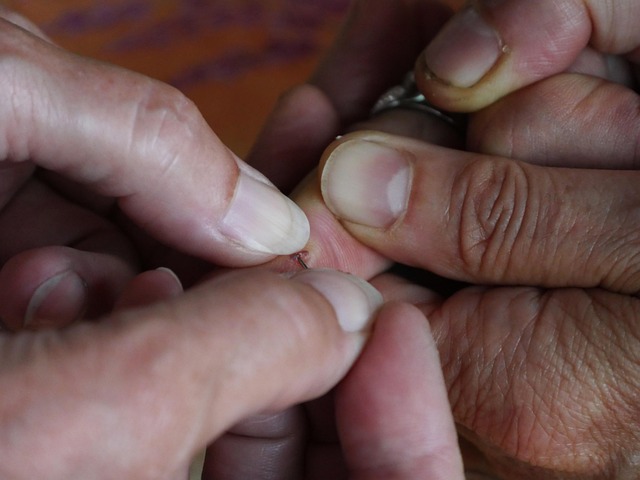In Oregon, grandparent visitation rights are protected by state laws and court decisions that balance child, parent, and grandparent interests, contingent on parental consent. Legal support is available through family law attorneys, advocacy groups, and non-profit organizations offering guidance on procedures, document preparation, and representation. These entities empower grandparents and parents to understand and exercise their legal options, fostering strong family bonds despite separation. Online platforms also connect grandparents facing similar challenges, enabling collective advocacy for their rights.
In Oregon, grandparent visitation rights play a vital role in fostering family connections. This article explores the legal framework surrounding these rights, offering insights into how grandparents can advocate for meaningful time with their grandchildren. We delve into the state’s laws, providing guidance on navigating the system and highlighting resources dedicated to supporting grandparent rights advocacy. Understanding your legal options is crucial when fighting for meaningful relationships within your family.
- Understanding Grandparent Visitation Rights in Oregon
- Legal Framework and Advocacy for Grandparents
- Resources and Support for Grandparent Rights Advocacy
Understanding Grandparent Visitation Rights in Oregon

In Oregon, grandparent visitation rights are governed by state laws that aim to balance the interests of children, their parents, and grandparents. These rights allow grandparents a reasonable opportunity for interaction with their grandchildren, subject to the consent of the child’s parents or guardians. Grandparent visitation is typically granted when it serves the best interest of the child and can foster a meaningful relationship with extended family members.
Legal support for grandparent rights advocacy in Oregon often centers around petitioning the court for specific visitation schedules or access. A lawyer specializing in family law can help navigate this process, ensuring that grandparents’ rights are protected and presented effectively before the court. Understanding the legal framework and available resources is crucial to securing meaningful grandparent visitation rights in the state.
Legal Framework and Advocacy for Grandparents

In Oregon, the legal framework surrounding grandparent visitation rights is established through a series of state laws and court decisions. These regulations recognize and protect the significant role grandparents play in their grandchildren’s lives. Grandparents seeking visitation or access to their grandchildren can advocate for their rights through various means. Legal advocacy groups and non-profit organizations dedicated to family law often provide support, resources, and guidance to grandparents navigating these legal processes.
These organizations offer assistance in understanding court procedures, preparing legal documents, and representing grandparents’ interests in court. They also educate the public about grandparent visitation rights, ensuring that both grandparents and parents are aware of their legal options. By leveraging knowledge of the law and effective advocacy strategies, grandparents can fight for meaningful and regular visitation with their grandchildren, fostering strong family bonds despite separation from parents.
Resources and Support for Grandparent Rights Advocacy

In Oregon, grandparent rights advocacy groups and legal aid organizations offer crucial support for grandparents seeking visitation rights or fighting for their grandchildren’s well-being. These resources provide guidance on navigating complex family law systems and ensuring fair treatment in court proceedings. Many non-profit organizations and community centers offer free or low-cost legal services, workshops, and information sessions tailored to grandparent visitation rights.
Online platforms and support networks further facilitate connections between grandparents facing similar challenges. By leveraging these resources, Oregon’s grandparent community can collectively advocate for their rights, share experiences, and access the legal assistance needed to protect their relationships with their grandchildren.














